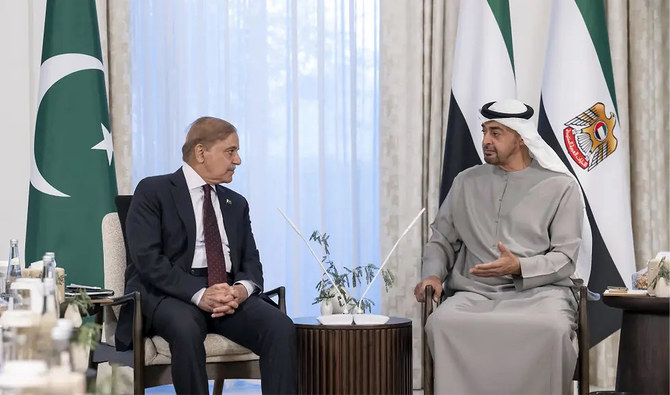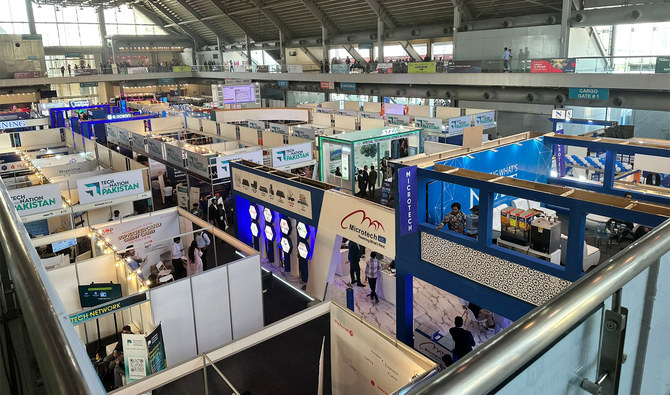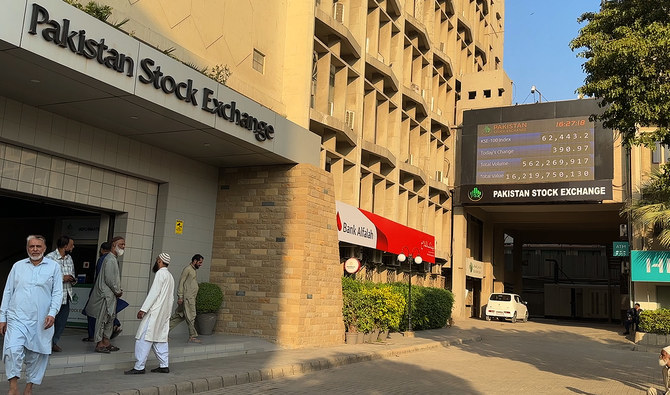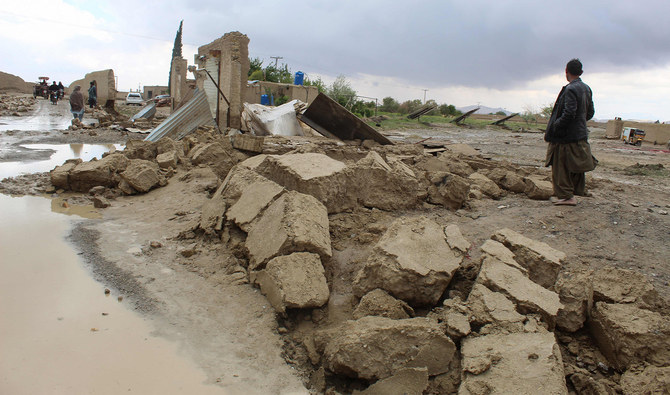ISLAMABAD: Pakistani students stranded in China’s Wuhan city where the global coronavirus pandemic first began, have said the 75 days of strict isolation were some of the toughest of their lives, as normalcy slowly returned and the city’s lockdown was eased.
On Jan. 23, the city of 11 million people was entirely sealed off with hundreds of Pakistani students inside. The Chinese city ended its more than two-month lockdown on Wednesday, amid cautious fears that silent, or asymptomatic carriers of the virus could still emerge in parts of the country including Hubei province.
“We remained in strict isolation in our dormitories for around 75 days, and this is one of the toughest experience of my life,” Muhammad Shahab Shah, a student of engineering at Huazhong University of Science and Technology (HUST) in Wuhan, told Arab News via telephone on Saturday.
Shah said he survived the difficult lockdown period by binging on Pakistani chai, movies and video calls.
“Chai [tea], indoor exercise, songs, movies, social media and video calls were our main source of engagement during the lockdown in Wuhan,” he said, and added he was grateful the Chinese government provided the students free internet access during the lockdown.
Since the lockdown was enforced, around 1,100 Pakistani students have been stranded in Hubei province, with the majority based in Wuhan. A total of 28,000 Pakistani students are enrolled in different universities across China, according to the foreign office.
Earlier this year following China’s military style lockdown, desperate pleas from stranded Pakistani students in Hubei flooded social media, requesting the government to arrange for special flights to bring them home. Pakistan refused to evacuate the students, despite many other countries including India and Bangladesh clearing out their students in the early days of the lockdown.
But restrictions on entry and exit points to Wuhan city have now finally been relaxed along with the operation of metro stations and buses on specific routes, as a sharp decline in new cases was reported in recent weeks.
“We are now allowed to visit supermarkets twice a week, and play some indoor games in our dorms,” Shah said, adding that some delivery services and restaurants had also resumed services.
#Pakistani students stranded in #Wuhan celebrated the ending of months long #COVID_19 lockdown partying in their dorm, first time after the city believed to be the virus epicenter in #China lifted restrictions || @ForeignOfficePk @zfrmrza @MFA_China @zlj517
-
PC: @CathayPak pic.twitter.com/SGDwEm0lAk— Arab News Pakistan (@arabnewspk) April 8, 2020
All educational institutions including universities, schools and colleges still remain closed while some of them have started online classes to make up for the time lost. Limited entry is allowed in parks, grounds and other places of leisure after strict screening of visitors.
“We are feeling more secure and safe here [in China] as coronavirus is now fast spreading in Pakistan,” Muhammad Sadiq, a doctorate artificial intelligence specialist at Shenzhen University in Shenzhen city, told Arab News.
Pakistan reported its first case of coronavirus on Feb. 26. The national tally was at 4,970 cases with 77 fatalities on Saturday, according to official figures. The country has initiated numerous measures to stem the spread of the virus including partial lockdowns in cities, the establishment of large quarantine centers and the closure of educational institutions, though tracing and testing suspected cases still remains difficult.
The virus has now infected over 1.7 million people around the globe with over 104,000 fatalities-- and with figures increasing by the hour.
But life in China, Sadiq said, was slowly returning to normal with the help of stringent lockdown and self-isolation measures.
“Around eighty percent of our city [Shenzhen] is open now, including public transport, shopping centers and domestic flights,” he said.
He added that safety measures at public places were still in place, but that the situation had improved manifold. “We are happy to defeat the pandemic, but still cautious,” he said.
But for other Pakistani students, the relief is marred by the psychological scars of a long and lonely isolation far away from friends and family.
Abdur Rehman, a doctoral student in Wuhan, said that a close relative had died in early February in the northwestern Pakistani city of Mardan, and he could do little for comfort while attending the funeral was impossible.
“This lockdown and isolation has left me with this unpleasant memory and experience,” Rehman told Arab News via telephone.
He said he would return to Pakistan to meet his family as soon as commercial flights resumed operations from Wuhan.
“I haven’t seen my family for over two years,” he said. “I’ll be the first one to book a ticket home.”
















